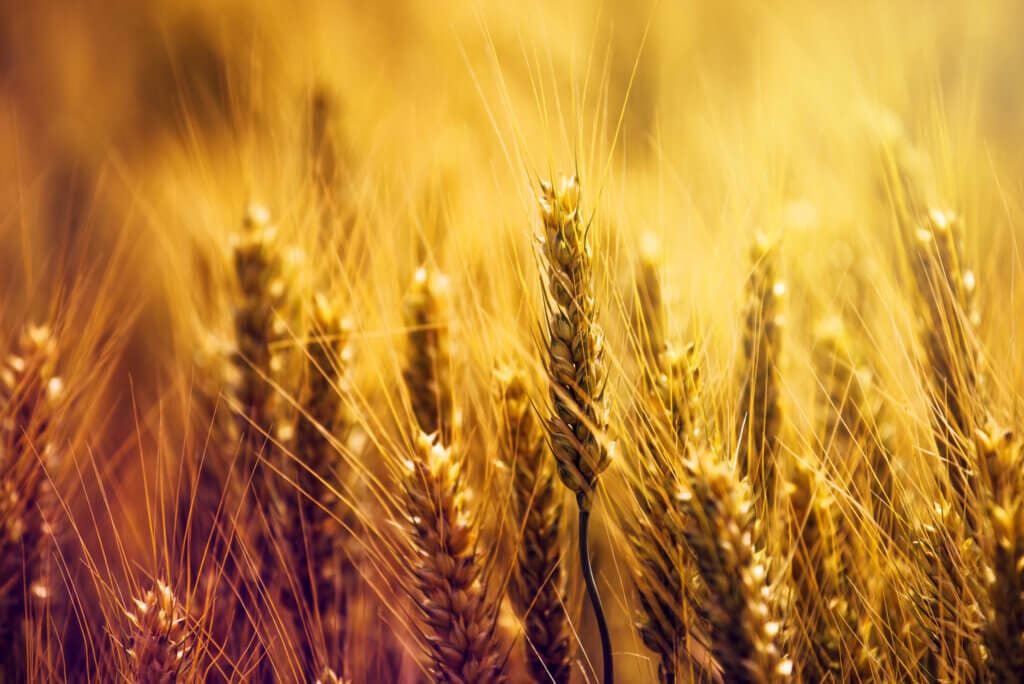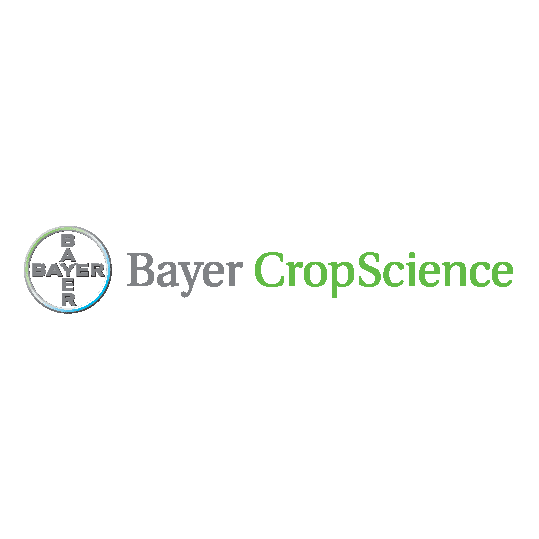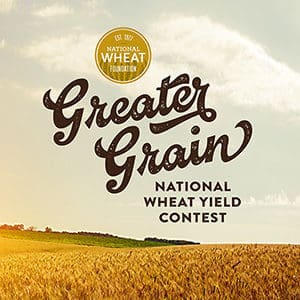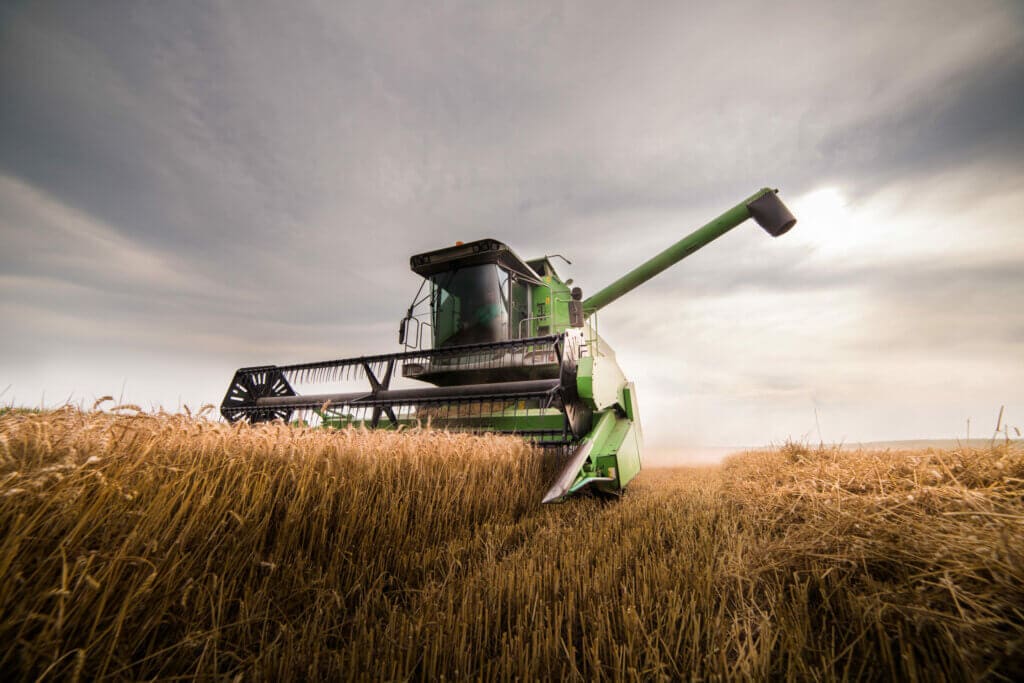PRESS RELEASE: NAWG and the National Wheat Foundation Named New Board Officers at the 2020 Commodity Classic

NAWG and the National Wheat Foundation Named New Board Officers at the 2020 Commodity Classic San Antonio, TX (February 27, 2020) – The National Association of Wheat Growers and the National Wheat Foundation wrapped up the 2020 Commodity Classic with a new slate of officers. NAWG President and Lavon, Texas farmer Ben Scholz has passed […]
Soil Health Partnership Blog: Wheat sites expand, diversifying SHP program

Wheat sites expand, diversifying SHP program By Maddy Rabenhorst and Keith Byerly on Thursday, 13 February, 2020 As the third largest cash crop in the US, wheat farmers have a major influence on our farm economy and our environment. That’s why the Soil Health Partnership partnered with the National Wheat Foundation, made possible by the generous support of General […]
Bayer Leadership Program: Access this Benefit as Member of NAWG

While there are many benefits to belonging to a national organization, the National Association of Wheat Growers (NAWG) uniquely offers the chance for its members, at no cost, to participate in some leadership development programs. NAWG has a longstanding partnership with Bayer who works with us to provide a three-part leadership training course for our […]
NAWG: A Look Back at 2019

By NAWG Staff While it has been a difficult year, as our wheat farmers have endured unpredictable weather, delayed harvests, trade uncertainty, and low prices, there have been many bright spots for the industry. Let’s look at some of NAWG’s highlights for 2019. In May, the USDA announced that it would have another $16 billion […]
PRESS RELEASE: NWF Announces State Winners for the 2019 National Wheat Yield Contest

Washington D.C. (November 21, 2019) – Last week, the National Wheat Foundation (NWF) announced the national winners for the 2019 National Wheat Yield Contest. Today, NWF is announcing the state winners for the 2019 Contest which includes 115 growers from 24 states. The Foundation’s National Wheat Yield Contest offers growers the opportunity to compete with farmers […]
Minore Scholarship: Past Winners Share Their Experiences

The National Wheat Foundation is currently accepting applications for the Jerry Minore Scholarship, honoring students pursing a career in the field of agriculture. The Scholarship is available to both graduating high school seniors and college students for the 2020-2021 academic year with an application deadline of December 31, 2019. The National Wheat Foundation Board will […]
PRESS RELEASE: NWF Announces National Winners for the 2019 National Wheat Yield Contest

Washington D.C. (November 12, 2019) – The National Wheat Foundation’s National Wheat Yield Contest offers growers the opportunity to compete with farmers from across the United States and improve their production practices through new and innovative techniques. Today, NWF is announcing the national winners for the 2019 National Wheat Yield Contest. “A special congratulations to […]
PRESS RELEASE: The National Wheat Foundation Begins Accepting Applications for 2020-2021 Scholarship Honoring Ag Students

Washington D.C. (October 16, 2019) – The National Wheat Foundation officially began accepting applications for the Jerry Minore Scholarship, honoring students pursuing a career in agriculture. The scholarship is available to both graduating high school seniors and college students for the 2020-2021 academic year with an application deadline of December 01, 2019. “The scholarship is […]
Blog #5: Overview of Gene Editing and Wheat (Series)

Blog #5: Overview of Gene Editing and Wheat (Series) By NAWG Summer 2019 Intern Merrick Irvin To feed the world’s growing population, agriculture has worked to greatly improve production techniques and advance plant and animal genetics. Wheat is one of the most widely produced and consumed cereal grains in the world and is considered a […]
Blog #4: Decreasing Reliance on Pesticides and Fertilizer Usage Through Gene Editing (Series)
By NAWG Summer 2019 Intern Merrick Irvin Within the United States, many farmers utilize resources around them to ensure a healthy, bountiful crop is produced on their farm. Specifically, they will use pesticides to protect their crops from getting destroyed by herbal, insectile, or fungal based pests. In addition, many farmers utilize fertilizers to provide […]